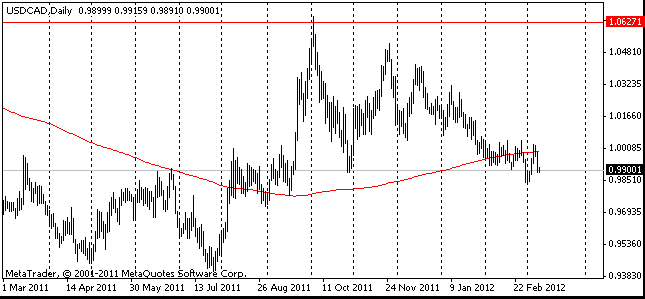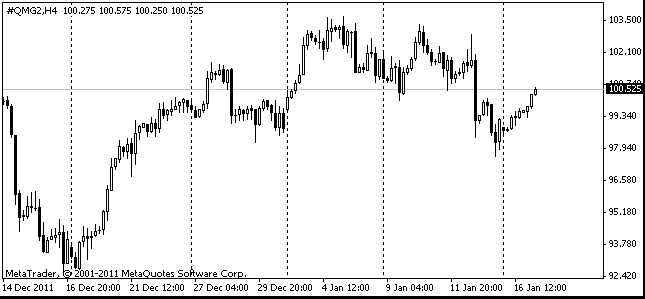EUR/usd
eurusd suffered the biggest intraday drop since June 2010 – by about 1.5%. The pair fell from 1.32 down to 1.30, thus ruining all hopes for growth and getting back to the model of consecutive descending highs and lows, which set in at the end of the previous week. This massed selling was due to a combination of two factors at once. First, the markets felt pressure because of the rather poor corporate reports and concerns over the global economic growth. The latter arose due to the pessimistic outlook of the IMF. Then, the head of Bundesbank and apparently one of the most influential figures in the ECB's governing council spoke about the possibility of interest rate cuts if such are required by the region's economy. The market treated it as a signal that the rate would be cut in the near future, as before Weidmann had been known as a hawk, advocating a tougher monetary policy on the fears to provoke inflation growth. Well, times change, but let us not hurry with that. Further in this interview Weidmann said that the rate cut would hardly be of help. His comment that the current period of economic weakness may drag on for 10 years also gave rise to concerns in the market. Against such a background yesterday's demand for risks quickly vanished. As a result, EURUSD and the US stock exchanges again returned to the point where they opened on Tuesday and the European exchanges hit fresh yearly lows.

GBP/USD
The British pound also suffered yesterday but for a different reason. The IMF once again called on Britain to abandon the austerity policy and maintain growth be means of government spending and other stimulation measures. The release of the MPC's meeting minutes provoked heavier selling in the pound. The minutes say that for three months in a row three members of the committee have voted for the QE extension. It will get there sooner or later, yet some of the members of the committee are already disappointed in the efficiency of this stimulation. Many look forward to June, when the post of the BOE's head will be taken over by the current governor of the BOC, Mark Carney.

USD/CAD
In the meantime, Carney keeps serving the former British colony as Head of the BOC. Yesterday there was another meeting of the bank – it didn't bring any changes to the monetary policy. But it was quite an expected thing, no one is waiting that the Bank will increase the rate in the near future. Moreover, according to the forecasts, inflation will be under 2% till the end of 2015 and this can mean that only then Canada will start to curtail the monetary stimulation by low interest rates. Yet, for the moment the big southern neighbour with its stumbling growth and stagnation of energy demand make Canada stumble as well.

oil
The above-mentioned stagnation of energy demand doesn't give Oil an opportunity to recover from the decline. Yesterday Oil again reversed down and has hit a fresh four-month low this morning. At some point WTI sank below 85.60 and brent, which fell below $100/ barrel yesterday, is trading at 97.60 today.
